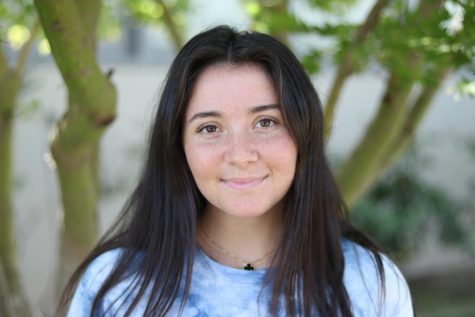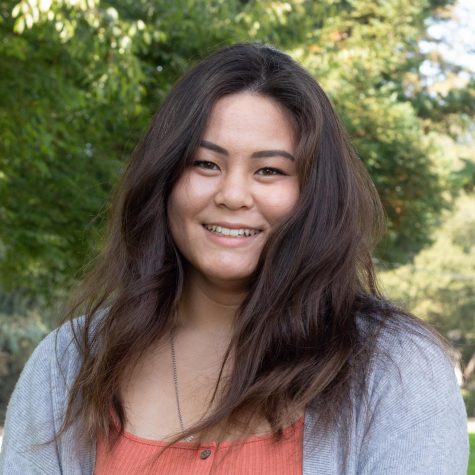Puff, Puff…Pass
February 8, 2019
It’s been about 30 years since Nancy Reagan preached the slogan “Just Say No” to discourage children from engaging in illegal recreational drug use. In 2019, we are in a stalemate. Teenagers are facing challenges that did not exist a generation ago and for parents, it is not enough to just keep a watchful eye on their kids. And while many are using this magazine to hide the clouds they just formed with their Juul or wax pen in the back of third period right now, the reality is that 100 people die every day from drug overdose, a rate that has tripled in the past 20 years.
Drug pushers like Juul and PAX have found a way to stretch their hands into every home in America, grasping teenagers and hurling them into the clutches of attraction through branding nicotine devices with cool names, shapes and flavors. Advertisements are causing digital peer pressure to be a growing problem.
“The thing with peer pressure is that it’s honestly a culture, like it’s not like ‘Oh come on, don’t be a wimp, come have a joint with us,’” a high school student in the Bay Area said. “It’s like, on Snapchat, you see that everyone’s doing it anyways.”
Despite popular belief, the weeklong online health course sandwiched between our summer lifeguarding job and family trip to Hawaii is not teaching us the bulk of our drug education. Rather, we are learning from Mac Miller, Cory Monteith, Amy Winehouse and the ever-lengthening list of celebrities who have died from overdoses. It’s a broken record. We mourn for a few weeks, cover their social media pages with heart emojis until we move on, and then the cycle repeats itself.
And the solution to this isn’t to tell teens “Just Say No” like our former FLOTUS once did.
“I don’t say, ‘if you take drugs, you’re going to die.’ In fact, I explicitly say, you probably won’t,” health teacher Vickie Christensen said. “There have been people where, the first time they did a drug, they did [die], but they’re the exception, not the rule.”
While the health department at Los Altos addresses hard drugs like heroin, some may say that the time frame of drug education for teens is too late. While, the majority of students at Los Altos don’t take health at school, even if they did, that’s still not enough time to cover everything about drugs as well as other necessary topics.
“I had jokingly talked about having health and then AP health, where the AP stands for ‘applied’ where we take the knowledge that we’ve learned and now we apply it to our life,” Christensen said. “Or go more in-depth in certain topics because we just don’t have time [in the semester course]. [Taking Health] as a sophomore for some students is still going to be too late. Some students experiment as early as third grade.”
The issue of drug addiction does not sprout with average teenagers looking to let loose after a tough week at school, but rather from the issue of mental health. Teenagers continue to deal with various mental issues, with no help from a therapist, or even parent. So how do we tell kids struggling with mental health to turn down a substance that promises to make them feel better, or in simpler terms, ‘Just say no’?
“Most people end up connecting with people that they feel some kinship to. Whether it’s something like being Jewish, or an athlete, or somebody who’s struggling,” former Los Altos parent of a kid who has suffered addiction and drug abuse said. “Then you end up with a group of kids who are struggling with some emotional mental health issues who are all trying to escape [through the use of drugs].”
At every second of our life, we have access to information. Eight-year-olds can watch YouTube videos of people tripping on LSD and high schoolers can spend hours scrolling through Reddit pages on Xanax or shrooms. So what is the solution to this? Addiction experts advise parents not to leave drug education up to the schools alone. Starting communication about this area early and continuing through college could save a child’s life.
“If there’s not a cultural norm around talking about drugs, what do you look for talking about issues around mental health?” a former Los Altos parent of a child who has suffered addiction and drug abuse said. “What are you looking for to know if your kids [are] struggling to be able to get them to a therapist or do some kind of intervention before the self-medication can even start? Schools have to be willing and parents have to be willing. I think a lot of times people just [think] unless it’s a problem, why attend to it. But then, by the time it is a problem, it’s too late.”





